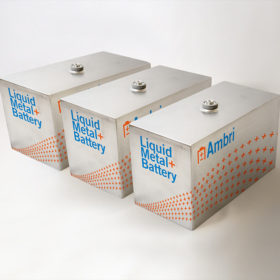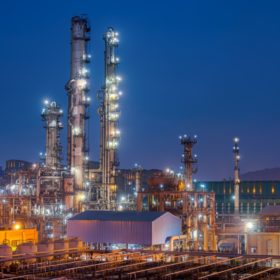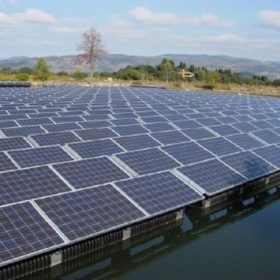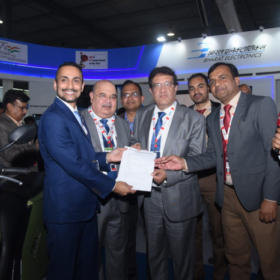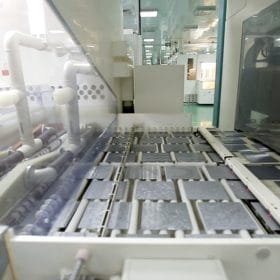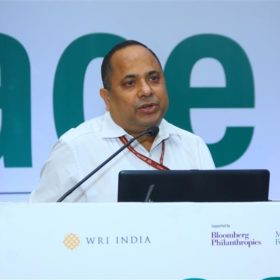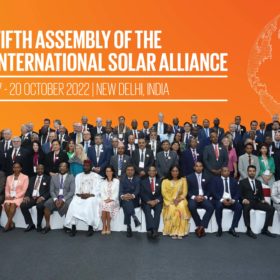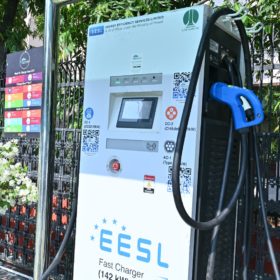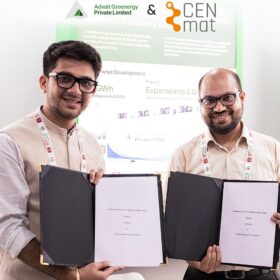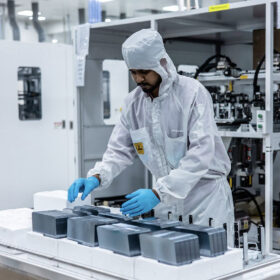Ambri, Reliance Industries sign MoU on liquid-metal battery pilot
Reliance, a strategic investor in US-based Ambri, is purchasing Ambri’s liquid-metal battery system for demo installation as part of its broader energy storage manufacturing plans and deployments in India.
Jindal Steel and Power signs 1 GW carbon-free energy deal with Greenko
Greenko will assist Jindal Steel and Power in the design and development of the associated renewable energy capacity, and identification of potential strategic investors for the RE capacity. It will also provide its pumped storage capacity currently under development in Madhya Pradesh and Rajasthan.
SJVN wins 105 MW floating solar project in Maharashtra
The state-owned hydropower producer won the 105 MW floating solar project at a tariff of INR 3.93 ($0.047)/kWh, in a competitive auction conducted by Maharashtra State Power Generation Co.
Triton signs EV battery packs, hydrogen fuel cells deal with BEL
The India arm of USA-headquartered Triton Electric Vehicle has issued an INR 8,060 crore (around $971 million) Letter of Intent to state-owned Bharat Electronics Ltd (BEL) for the purchase of EV battery packs. It will also transfer its technology to BEL for production of hydrogen fuel cells in India.
Hitachi Energy to supply power transformers for India’s largest solar energy park
Hitachi Energy will provide made-in-India power transformers for NTPC’s upcoming 4.75 GW solar energy park in Gujarat.
BHEL seeks one million mono PERC solar cells
Manufacturers have until October 27 to submit bid for supplying the monocrystalline silicon PERC solar cells. The cells must feature five busbars and provide peak output of more than 5.54 W.
WRI India hosts Accelerating Clean Energy 2022
On Day 1, industry experts discussed the role of states’ renewable energy agencies and strategies to accelerate the pace of energy transition in Indian cities.
ISA Assembly approves payment guarantee mechanism for solar projects in Africa
The fifth assembly of the International Solar Alliance (ISA) approved Solar Facility, a payment guarantee mechanism to mitigate risks associated with solar projects in Africa.
EKI Energy, ICAM launch $125 million climate impact fund
EKI Energy will invest up to INR 200 crore ($25 million) as an anchor investor in the fund with a deep focus on community development projects across remote locations in India and select countries in Africa, Asia and LATAM.
India’s EV charger market to surge at 46.5% annually until 2030
The annual electric vehicle (EV) charger shipments will grow to 0.9 million units by the year 2030, from around 17,000 units in 2021. The growth in sales will be driven by government policies and private investments.

